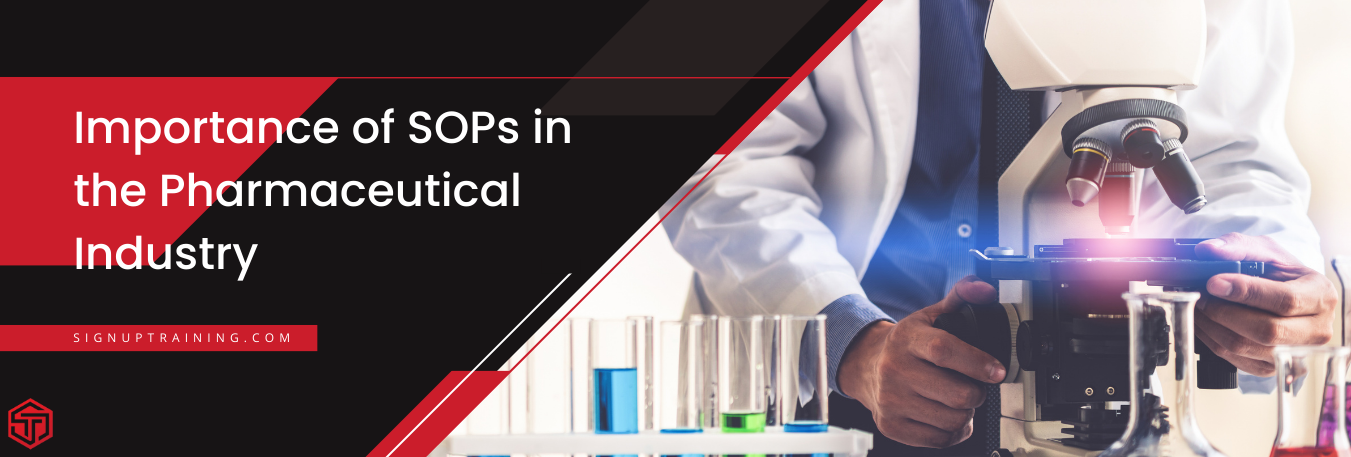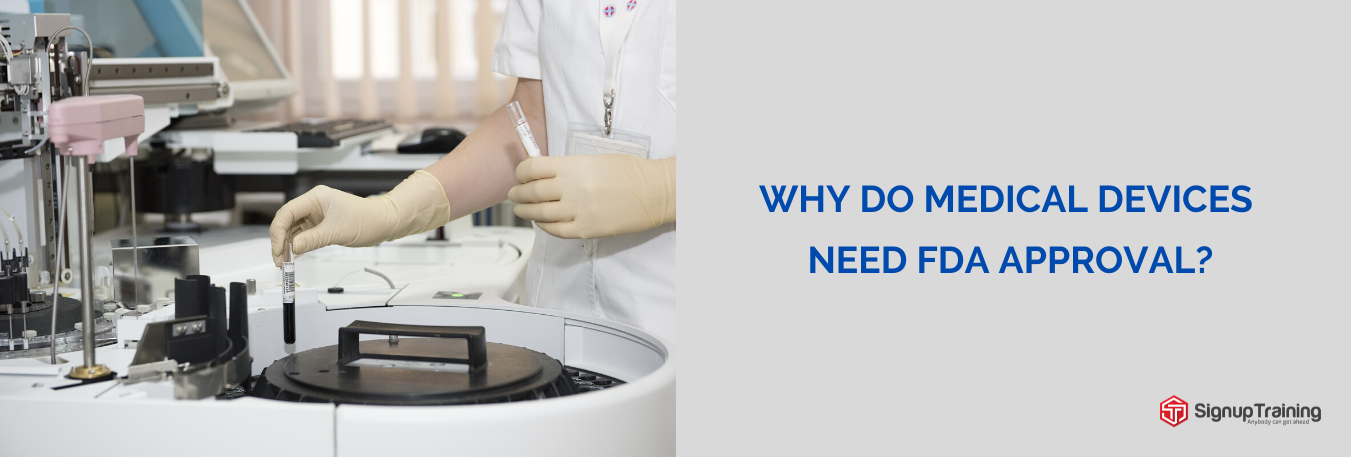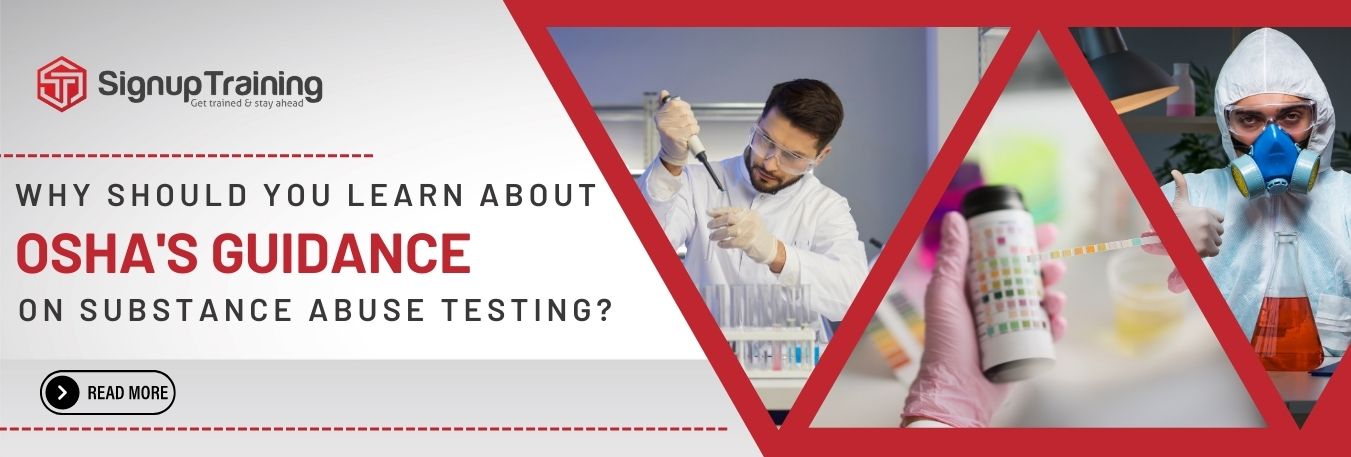Importance of SOPs in the Pharmaceutical Industry

In the pharmaceutical industry, where precision, safety, and quality control are paramount, Standard Operating Procedures (SOPs) play a crucial role. SOPs are detailed, step-by-step instructions that define how tasks should be performed within an organization. They serve as a foundation for consistent practices, regulatory compliance, and ensuring the highest standards in pharmaceutical manufacturing, testing, and documentation. In this blog post, we will explore the importance of SOPs in the pharmaceutical industry and their impact on safety, quality, and efficiency.
1. Ensuring Regulatory Compliance
Regulatory agencies, such as the Food and Drug Administration (FDA) and the European Medicines Agency (EMA), impose strict guidelines and requirements on pharmaceutical companies. Adherence to these regulations is essential for obtaining and maintaining product approvals, licenses, and certifications. SOPs provide a framework for compliance, clearly defining the processes, procedures, and controls needed to meet regulatory standards. By following SOPs, pharmaceutical companies can demonstrate their commitment to quality and safety, avoiding potential penalties, recalls, or legal consequences.
2. Standardizing Processes and Practices
Consistency is vital in the pharmaceutical industry to ensure product uniformity and reliability. SOPs establish standardized processes and practices, allowing personnel to perform tasks in a consistent manner across different shifts, locations, or teams. This uniformity minimizes variations and the potential for errors, ensuring that products are manufactured, tested, and handled consistently to maintain their safety, efficacy, and quality. SOPs also help streamline training and onboarding processes, enabling new employees to learn and adopt established best practices efficiently.
3. Enhancing Safety and Risk Management
Safety is a paramount concern in the pharmaceutical industry, where errors or deviations can have severe consequences for patients and public health. SOPs outline safety protocols, equipment usage guidelines, and risk mitigation strategies to minimize the potential for accidents, contamination, or adverse events. By following SOPs, employees are aware of the necessary precautions, protective measures, and emergency procedures. This ensures a safe working environment for personnel and reduces the risk of product contamination, adverse reactions, or other safety incidents.
4. Facilitating Documentation and Traceability
Accurate and comprehensive documentation is critical in the pharmaceutical industry. SOPs provide a structured approach to documenting processes, equipment maintenance, testing procedures, and other critical activities. Proper documentation helps ensure traceability, allowing companies to track and verify every step in the product lifecycle, from raw materials to finished goods. In case of an audit, SOPs serve as a reference to demonstrate compliance, process integrity, and product quality. Thorough documentation also supports investigations, root cause analysis, and continuous improvement efforts.
5. Continuous Improvement and Quality Assurance
SOPs serve as a foundation for continuous improvement and quality assurance in the pharmaceutical industry. They provide a baseline for evaluating processes, identifying inefficiencies, and implementing corrective actions. Regular reviews and updates of SOPs enable companies to incorporate new scientific knowledge, technological advancements, and industry best practices. This iterative approach to SOP development ensures that procedures stay current, efficient, and aligned with evolving regulations and guidelines. By continuously improving SOPs, pharmaceutical companies can enhance their operational efficiency, product quality, and overall performance.
In the complex and highly regulated pharmaceutical industry, SOPs are essential for ensuring safety, quality, and compliance. They provide a standardized framework that guides employees in performing critical tasks consistently and efficiently. By adhering to SOPs, pharmaceutical companies can mitigate risks, maintain regulatory compliance, enhance safety, improve documentation, and achieve a high level of quality assurance. As the industry continues to evolve, SOPs will remain a cornerstone for driving excellence and ensuring the delivery of safe and effective pharmaceutical products to patients worldwide.
Trending now

Why do medical devices need FDA approval?
Blog
Top 10 HR Compliance Challenges in USA
Blog
Medical Device Regulations in the USA
Blog
Understanding IEC 62304 & Compliance Tips for Medical Device Software Developers
Blog
What is HIPAA (The Health Insurance Portability and Accountability Act) ?
BlogFDA Steps to Ensure Quality of Foreign Products
Blog
6 Skills that Make for a Great Human Resources Manager
Blog
Why do we have OSHA Regulations?
Blog21 CFR part 11 compliance - key factors that every FDA regulated business should know
BlogWhy is 21 CFR Part 11 Compliance Important?
BlogWhat are the Key Factors (Essentials) for 21 CFR Part 11 Compliance?
BlogFDA Regulated Firms Must Ensure Part 11 Compliance to Generate Accurate and Usable Data
Blog
Know how to Survive an OSHA Audit
Blog
Top 5 Job Opportunities in Biotechnology
Blog
5 Key functions of HR Management
Blog
Cybersecurity Threats Upcoming in 2023
Blog
Why Should You Learn About OSHA's Guidance on Substance Abuse Testing?
Blog
Importance of SOPs in the Pharmaceutical Industry
Blog
Non-Compliance on 1099 Filing: Consequences and Best Practices
Blog
Artificial Intelligence (AI) in Healthcare: A Boon or Bane?
Blog.jpg)
How to Ensure Compliance with the I-9 Form: A Guide for Human Resources
Blog
Effective OSHA Audit Observations and Best Practices
Blog
How to Land Your Dream Job in Accounting: Top Tips and Career Options
Blog
Cultivating Connections: How to Foster a Thriving Culture with Your Remote Workforce
Blog
The Transformative Power of Artificial Intelligence in Biotechnology
Blog.png)
6 Steps to Building an Effective Hazard Communication Program (EHS)
Blog